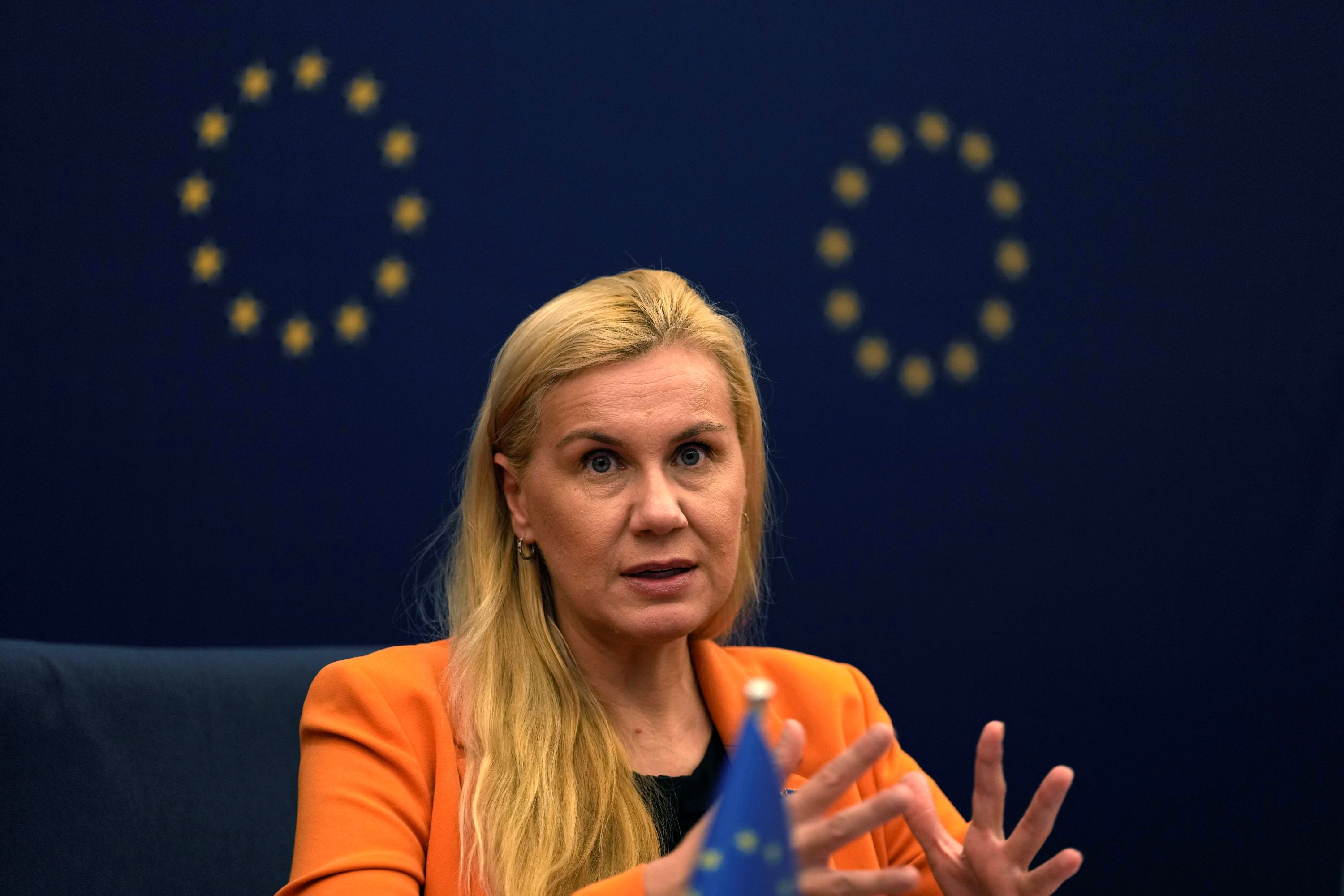
BRUSSELS - European Union (EU) Energy Commissioner Kadri Simson announced that the EU is ready for the possibility of no Russian gas flowing through Ukraine when the current transit contract expires at the end of the year.
"Central and Southeastern Europe have diversified their supply options to fully replace the 14 billion cubic meters of Russian gas still transiting via Ukraine," Simson said at a press conference following a meeting of EU energy ministers.
Simson highlighted that both new and existing liquefied natural gas (LNG) terminals have sufficient capacity, necessary transport infrastructure is in place, and multiple alternative supply routes are available for both LNG and pipeline imports.
READ MORE: Russia says no talks underway on resuming grain deal
The transit contract between Ukraine and Russia, allowing Russian gas to flow through Ukraine, is set to expire in December. Since 2022, the EU has been actively reducing and halting its imports of Russian fossil fuels in response to the geopolitical situation.
In June this year, the Council of the EU adopted the 14th package of sanctions against Russia, which includes a ban on reloading services for Russian LNG in EU territories for transshipment to third countries, among other measures.
ALSO READ: Russia not to participate in Ukraine peace summit
Despite these efforts, Russian gas volumes to the EU have increased in recent months. Simson attributed this rise to "temporary circumstances".
Tuesday's Energy Council meeting also addressed the divergence in wholesale electricity prices within the EU. Central, Eastern and Southeastern Europe have been grappling with high electricity prices in recent months, experiencing severe price spikes during peak hours, particularly in the evenings.


